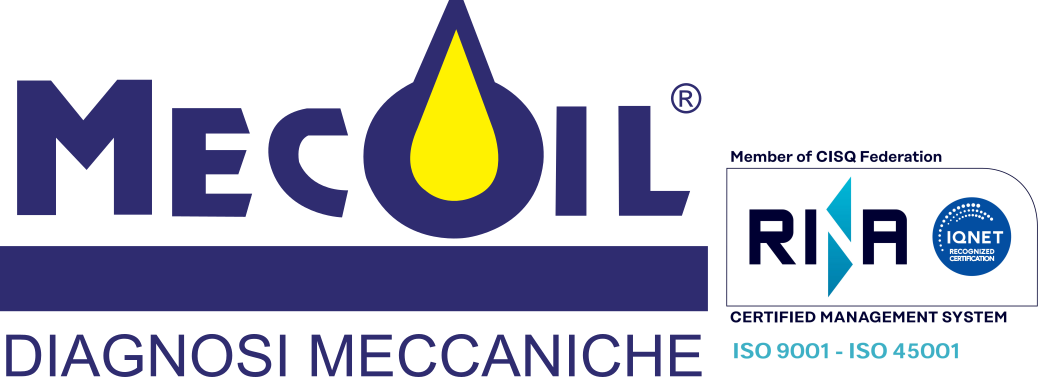One of the crucial steps to understand “how” and “when” is best -or even necessary- to intervene on the principles of good lubricant management, requires a careful check-up of the fluid status.
This applies to both oil, the most frequent and perhaps best understood case, and greases, with their well-known flaws…
In order to correctly operate a machine of any size, in safe conditions and in full compliance with the expected qualitative and quantitative performance, an effective -and efficient as well- lubrication system is required!
The time is over to waste resources, either as human energy or consumables, oil drums or grease cartridges or filters, whose selection or replacement is essentially based on empirical practices.
Overwhelmed by daily routine, very few plant directors can devote the necessary time and intellectual energy to select products that are appropriate (or suitable, in light of continuous technical improvements) in a given operating context. The manufacturer’s manual, where available and updated, is not always adaptable to suit the demands of current production, which are increasingly pressing and at the same time discontinuous.
Only tribological analyses and some targeted inspections (a routine practiced abroad, particularly in the USA, where monitoring technology and Oil Analysis for diagnostic purposes are widespread) have the power to identify the primary causes of a malfunction or an imminent failure. A few cubic centimeters of oil, timely sent in a suitable container to a certified laboratory, can give you the answer to the main questions of “how”, “when” and “where” it is appropriate to intervene in a corrective manner.
The acquisition of those particular “weak signals” coming from the most intimate part of the machinery can guarantee an adequate functioning of the strategic machines, without a hitch! In this regard, considering the difficulties that people usually encounter to compensate for the innumerable deficiencies around this subject, there is now a need for a training path and therefore to
have qualified personnel in the field of Machine Lubrication. The need to regulate this sector at a national level has led the CICPND (the Italian Certification Center for Non-Destructive Testing and Industrial Processes) to draw up the Regulation and the Minimum Requirements for the Qualification and Certification of Machine Lubrication Expert (MLE) Personnel, establishing principles, criteria and procedures for the management of the activities related to the certification of the aforementioned staff at levels 1, 2 and 3.
The role of Machine Lubrication Expert takes its cue from the already consolidated path of ICML and Lubecouncil, through which over 3500 Machine Lubrication Experts have already been certified internationally. It was observed that the preparatory, base, sector is among the most lacking; topics such as the selection of products (both their quality and quantity), in the case of a grease or an oil, as well as cleaning a system or applying an offline filter cartridge, are particularly difficult. Even the collection of a sample of lubricant (in theory a very simple passage), for analytical purposes, often raises doubts.
This is the reason for the desire to institutionalize the aforementioned professional figure according to Italian laws and procedures, in the light of binding international standards.
